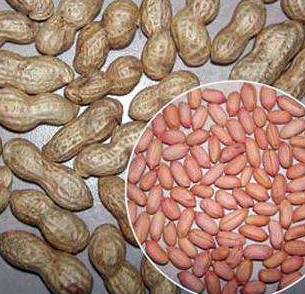First, the seeds should be fully dried before storage to reduce the water content of the seeds to below 8%. According to the test, when the water content of the seed is less than 8%, the storage is very safe, and the germination rate is not affected even at -25 °C. When the water content of the seed is higher than 10%, the respiration is enhanced, a large amount of heat energy is released, and the seed is easily spoiled and wormed.
The second is to improve the seed clarity, remove impurities and no mature fruit.
Third, the storage site should be strictly disinfected and sterilized, moisture-proof, and kept in the warehouse.

Fourth, the storage utensils should be woven bags and sacks, and should not be stored in airtight plastic bags. The storage of seeds in plastic bags tends to cause air to circulate, causing the seeds to undergo anaerobic respiration, poisoning the embryos, and at the same time, the moisture and heat generated by the breathing are not easily dissipated, and the seeds are heated and mildewed.
Fifth, peanuts cannot be stored in the same warehouse as pesticides and fertilizers. Many pesticides and fertilizers have certain volatility and corrosiveness. Over time, they have damage to the cells and embryos of the seeds.
Sixth, during storage, pay attention to diligent inspection, see if the seeds are damp, whether it is harmed by insects and rats, whether the seed germination potential and germination rate are reduced, find problems, and deal with them in time to ensure safe storage of peanut seeds.
Youth Biotech CO,. Ltd. , https://www.youtherb.com